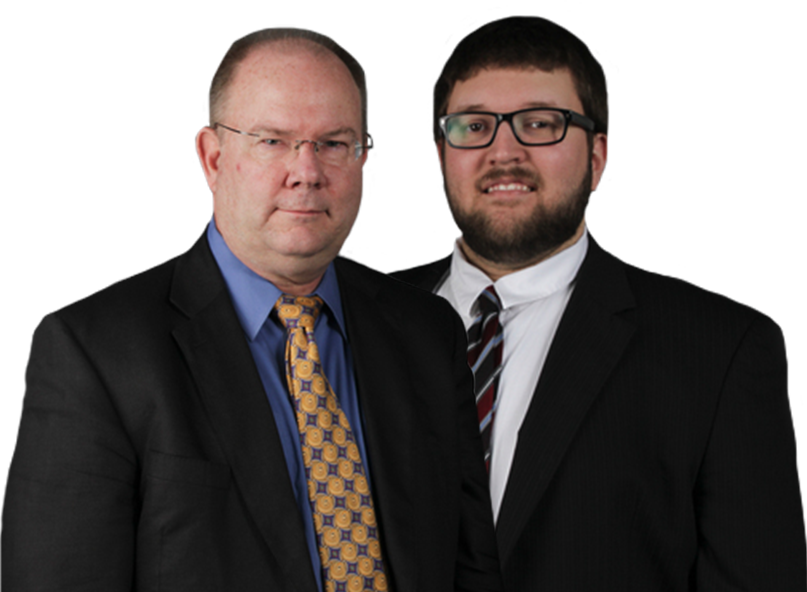How long will you make payments in a Chapter 13 bankruptcy?
When individuals in Alabama fall behind on bills, they can expect their creditors to engage in aggressive enforcement efforts. From lenders trying to reclaim collateral property like vehicles through repossession to civil lawsuits and wage garnishment, there can be many negative consequences of falling behind on your obligations.
If you make too much money to qualify for Chapter 7 bankruptcy or if you have too much property and would have to liquidate your belongings to repay creditors, then you may want to consider Chapter 13 bankruptcy. While Chapter 13 bankruptcy can help those with higher income and more property, some people are turned off by the repayment plan required in Chapter 13 filings.
How long will you have to make payments to your creditors to secure a discharge in a Chapter 13 bankruptcy?
Every repayment plan is unique
Each individual who files for bankruptcy has different personal financial circumstances. Although there are certain rules that apply to all bankruptcies, much of the process is individualized, including the repayment plan.
The courts will appoint a trustee to oversee your creditor meeting and the repayment plan itself. During the creditor meeting, the trustee and representatives from the creditors affected by the filing will inquire about your financial circumstances and negotiate a repayment plan. Eventually, there will be a specific amount that you have to pay for a finite duration.
Your monthly payments will likely consume much of your disposable income every month. You will typically need to make payments for at least three years, although repayment plans can sometimes last as long as five years. Provided that you make the payments in full and on time or go back to court to adjust your repayment plan when your financial circumstances change, you will eventually become eligible for the discharge of the remaining balance on those debts.
Chapter 13 bankruptcy can help you get your life back on track
Instead of trying to choose which creditors to pay on time each month and which will receive their payments late, you can take control of your finances and stop paying all of those late payment fees that keep accruing because of your financial circumstances.
In a Chapter 13 Bankruptcy, you will only have one payment to make each month, which will simplify your financial obligations. You can also look forward to the discharge of whatever balance remains on those unsecured debts when you finally finished making the necessary payment.
Learning more about Chapter 13 bankruptcy can help you better respond to aggressive collection activity during times of financial difficulty.

